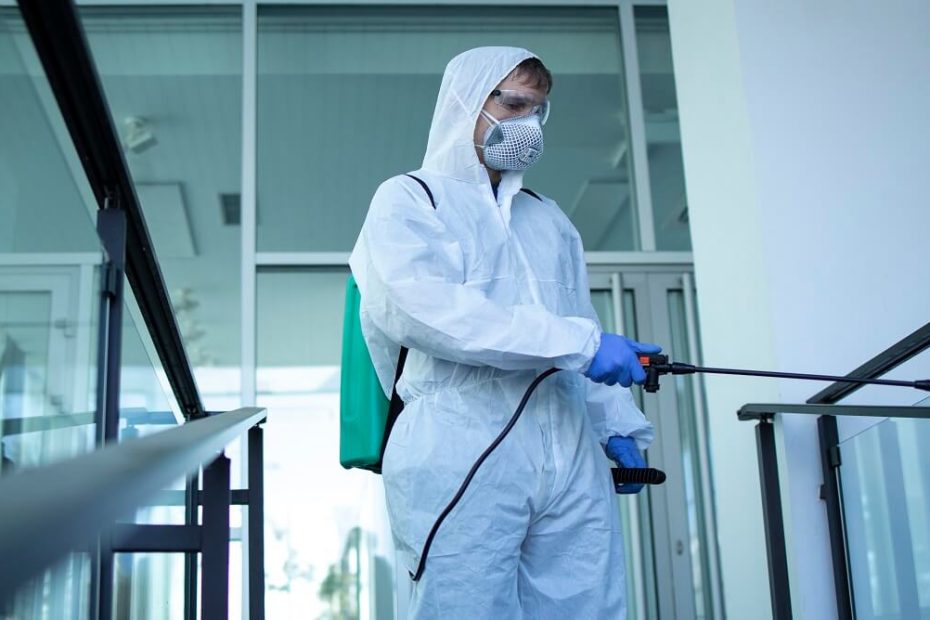Integrated Pest Management, or IPM, is a sustainable approach to pest control that offers a range of benefits over traditional methods. IPM is not only effective in controlling pests, but it also focuses on prevention and monitoring, which reduces the risk of pest infestations in the first place. In this article, we will explore the many benefits of IPM, from improving crop quality and yield to promoting a safer and healthier environment. Whether you are a homeowner, farmer, or business owner, understanding the advantages of IPM can help you make more informed decisions when it comes to pest control. Regular pest control services in Pittsburgh can prevent infestations and keep your property safe from damage.
What is Integrated Pest Management?
Integrated Pest Management is a comprehensive approach to pest control that focuses on prevention, monitoring, and control of pests. It involves the use of a combination of pest control methods, including biological, cultural, mechanical, and chemical methods, to manage pests. The goal of IPM is to reduce the impact of pests on the environment and minimize the risks to human health.
The Benefits of Integrated Pest Management
Reduced Risk to Human Health
One of the major benefits of IPM is that it reduces the risk to human health. IPM methods are designed to minimize exposure to harmful chemicals that are often used in traditional pest control methods. By using non-toxic and environmentally friendly methods, IPM reduces the risk of exposure to harmful chemicals, making it a safer option for humans and pets.
Environmentally Friendly
IPM is an environmentally friendly approach to pest control. By using non-toxic and environmentally friendly methods, IPM minimizes the impact of pest control on the environment. It promotes natural pest control methods, such as the use of biological control agents, which are safe for the environment.
Cost-Effective
IPM can be a cost-effective approach to pest control in the long run. Although it may be more expensive initially, it reduces the need for repeated treatments and reduces the risk of pest infestations. This can save money in the long run, as it reduces the need for costly treatments and repairs.
Effective Pest Control
IPM is an effective approach to pest control. It uses a combination of pest control methods, which makes it more effective than traditional pest control methods that rely on a single method. This ensures that pests are controlled effectively, reducing the risk of damage to property and crops.
Improved Crop Quality and Yield
IPM can improve crop quality and yield. By controlling pests effectively, IPM reduces the damage caused by pests, which can lead to higher crop yields and better-quality crops. This is especially important in agriculture, where pests can cause significant damage to crops.
Long-Term Solution
IPM is a long-term solution to pest control. By focusing on prevention and control, it reduces the risk of pest infestations in the long run. This makes it a sustainable approach to pest control, which can be used for years to come.
How to Implement Integrated Pest Management
Inspection and Monitoring
The first step in implementing IPM is to inspect and monitor the area for pests. This involves identifying the type and extent of pest infestation and monitoring the area regularly for signs of pests.
Identification of Pests
The next step is to identify the pests that are present. This is important, as different pests require different control methods.
Prevention
Prevention is the key to successful IPM. This involves taking steps to prevent pest infestations, such as sealing cracks and holes, removing food and water sources, and keeping the area clean and clutter-free.
Control Methods
Control methods are used to manage pests. This can include cultural, mechanical, biological, and chemical methods, depending on the type and extent of pest infestation.
Evaluation
Evaluation is important to ensure the success of IPM. This involves monitoring the area after treatment and making adjustments as needed.
Conclusion
Integrated Pest Management is a safe, effective, and environmentally friendly approach to pest control that offers a range of benefits over traditional pest control methods. By focusing on prevention, monitoring, and control, IPM reduces the risk of pest infestations, improves crop quality and yield, and promotes a safer and healthier environment. It is a long-term and sustainable solution to pest control that can be used in a variety of settings, from homes and gardens to farms and commercial properties.
